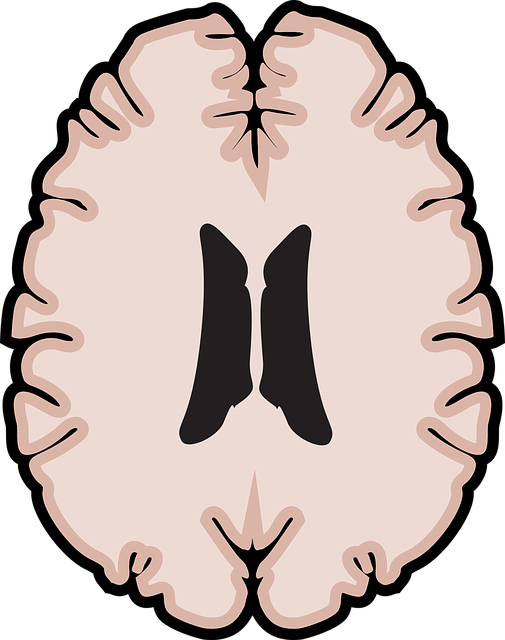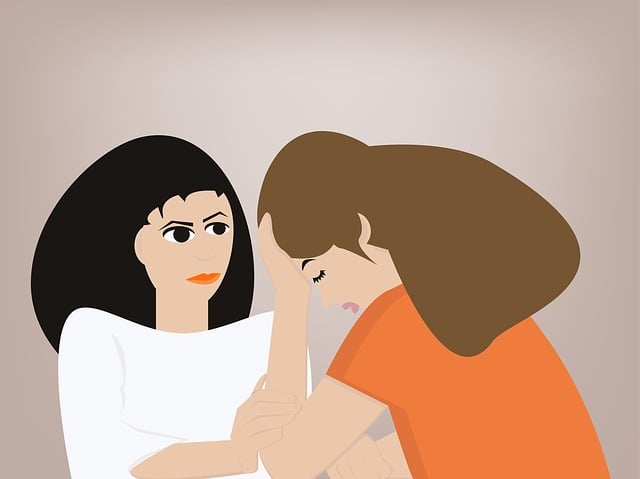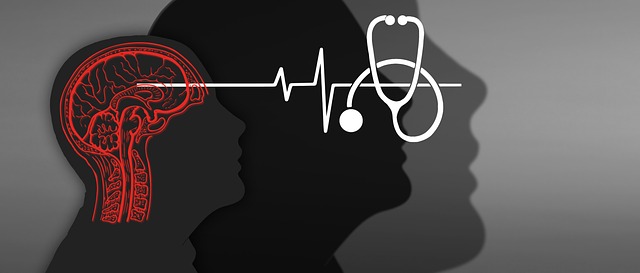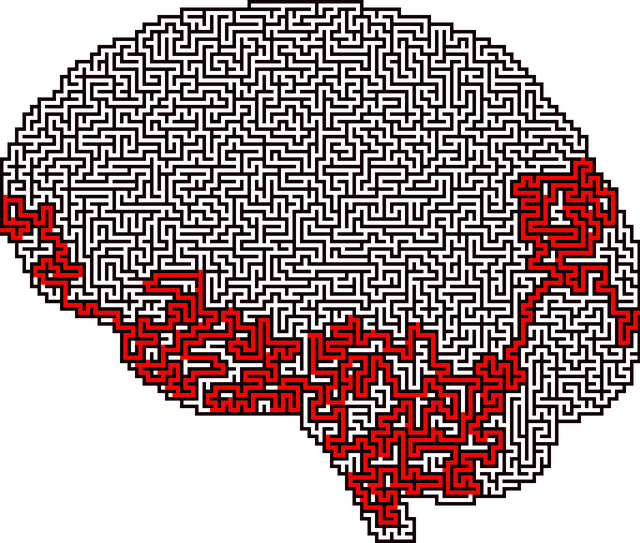Understanding mental health disorders, especially Louisville Panic Disorder and Anxiety Attacks Therapy, is vital for designing effective education programs in Louisville. These programs should go beyond basic awareness by offering knowledge about conditions, symptoms, and treatment options, tailored to cultural sensitivity for inclusive practices. Interactive workshops, a Mental Wellness Podcast Series, mindfulness exercises, cognitive-behavioral therapy (CBT), and social skills training empower individuals to manage symptoms and build support networks. A comprehensive post-program support system, including digital tools, peer networks, journaling guidance, empathy building, and periodic check-ins, ensures sustained positive mental health outcomes. This strategy promotes holistic well-being for Louisville's diverse community affected by panic disorder and anxiety attacks.
Mental health is a cornerstone of overall well-being, yet many communities lack accessible education on managing disorders like panic disorder and anxiety attacks. This article explores the design of an inclusive program aimed at empowering Louisvillians with knowledge and skills to navigate these challenges. We delve into creating engaging content, offering practical strategies for recognizing and coping with anxiety, and providing post-program support. By implementing effective educational initiatives, we can foster a healthier Louisville, where individuals equipped with therapy tools lead more fulfilling lives.
- Understanding Mental Health Disorders: A Foundation for Education
- Designing an Engaging and Effective Program for Louisville's Community
- Strategies for Educating About Panic Disorder and Anxiety Attacks
- Implementing Supportive Resources and Post-Program Follow-Up
Understanding Mental Health Disorders: A Foundation for Education

Understanding mental health disorders is a fundamental step in designing effective education programs. This foundation is crucial for empowering individuals to recognize and manage their own mental well-being, as well as providing them with the tools to support others in Louisville suffering from panic disorder and anxiety attacks. Mental health education should go beyond basic awareness; it must equip participants with knowledge about various conditions, symptoms, and available treatment options. By demystifying these disorders, individuals can develop increased emotional intelligence, enabling them to navigate interpersonal interactions with heightened sensitivity and empathy.
Incorporating cultural sensitivity in mental healthcare practice is essential for delivering inclusive education. This involves understanding the diverse range of beliefs, values, and expressions that shape people’s experiences with mental health issues. For instance, what constitutes a “disorder” or an “attack” can vary across cultures, necessitating tailored coping skills development strategies. By addressing these cultural nuances, mental health education programs in Louisville can ensure their effectiveness, promoting holistic well-being for a diverse community.
Designing an Engaging and Effective Program for Louisville's Community

Designing an engaging and effective mental health education program for Louisville’s community requires a tailored approach that addresses local needs. Given the prevalence of issues like Louisville Panic Disorder and Anxiety Attacks Therapy, the program should focus on raising Mental Health Awareness while offering practical tools for Stress Management. Incorporating evidence-based strategies and interactive workshops can foster a supportive environment where individuals feel comfortable discussing their experiences and learning coping mechanisms.
Cultural Sensitivity in Mental Healthcare Practice is paramount to ensure inclusivity and accessibility. By integrating diverse cultural perspectives into the program, we can address the unique challenges faced by Louisville’s diverse population. This holistic approach not only enhances the effectiveness of the education but also encourages long-term mental well-being for all community members.
Strategies for Educating About Panic Disorder and Anxiety Attacks

Educating individuals about panic disorder and anxiety attacks is a crucial component of any mental health program. It’s essential to create an environment where people feel comfortable discussing their experiences without fear of judgment. One effective strategy involves hosting interactive workshops that use real-life scenarios to illustrate these conditions, helping participants understand the physical and emotional symptoms. Role-playing can be particularly beneficial in this regard, allowing individuals to practice coping strategies under guidance.
Incorporating a Mental Wellness Podcast Series Production can also enhance learning outcomes by providing diverse perspectives and personal stories, making complex topics more accessible. Additionally, integrating anxiety relief techniques such as mindfulness exercises and cognitive-behavioral therapy (CBT) into the curriculum empowers individuals with practical tools to manage their symptoms. Social skills training is another valuable element, fostering support networks and encouraging open dialogue about mental health challenges—a key aspect of navigating Louisville Panic Disorder and Anxiety Attacks Therapy effectively.
Implementing Supportive Resources and Post-Program Follow-Up

After implementing an effective mental health education program, providing supportive resources and post-program follow-up is paramount to ensure participants can sustain their progress. This includes offering accessible tools tailored to address common challenges, such as anxiety attacks and panic disorder, often experienced by individuals in Louisville. Resources could range from digital platforms with mindfulness exercises to peer support networks facilitating open discussions about mental health.
One powerful resource to include is Mental Wellness Journaling Exercise Guidance. Encouraging participants to reflect on their experiences through journaling can aid in processing emotions, cultivating self-awareness, and promoting emotional regulation. Additionally, incorporating Empathy Building Strategies can foster a supportive community where participants learn from one another’s journeys, enhancing social connections and reinforcing positive changes. The post-program follow-up should also include periodic check-ins to assess progress, offer additional resources as needed, and reinforce the importance of ongoing self-care, ultimately contributing to improved self-esteem.
Mental health education programs play a pivotal role in fostering well-being within communities. By combining comprehensive knowledge about mental health disorders, engaging program design, targeted strategies for conditions like panic disorder and anxiety attacks, and effective follow-up support, we can significantly impact Louisville residents’ access to therapy and overall mental health. These initiatives are essential steps towards creating a more informed and supportive community for those facing challenges related to panic disorder and anxiety attacks.














